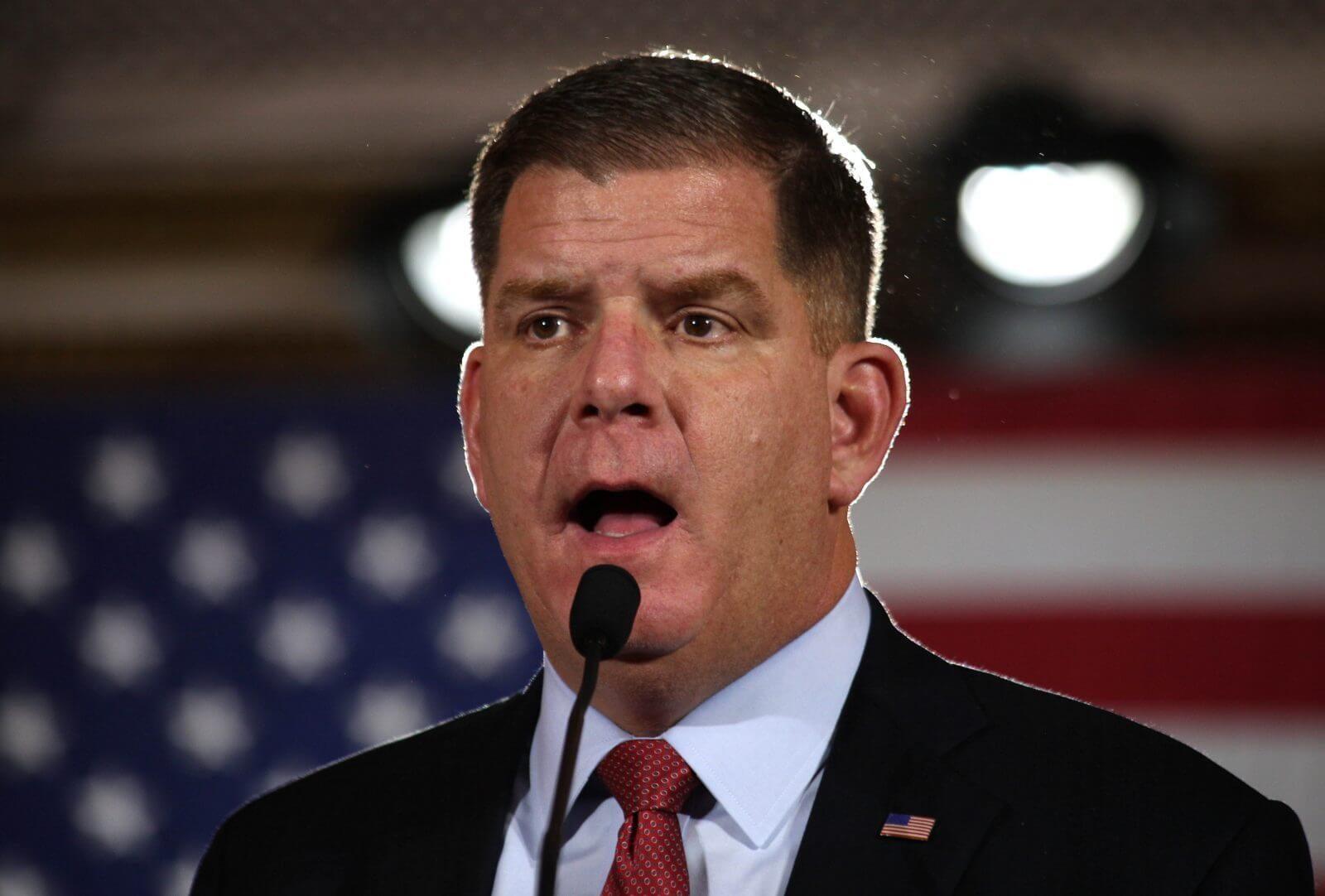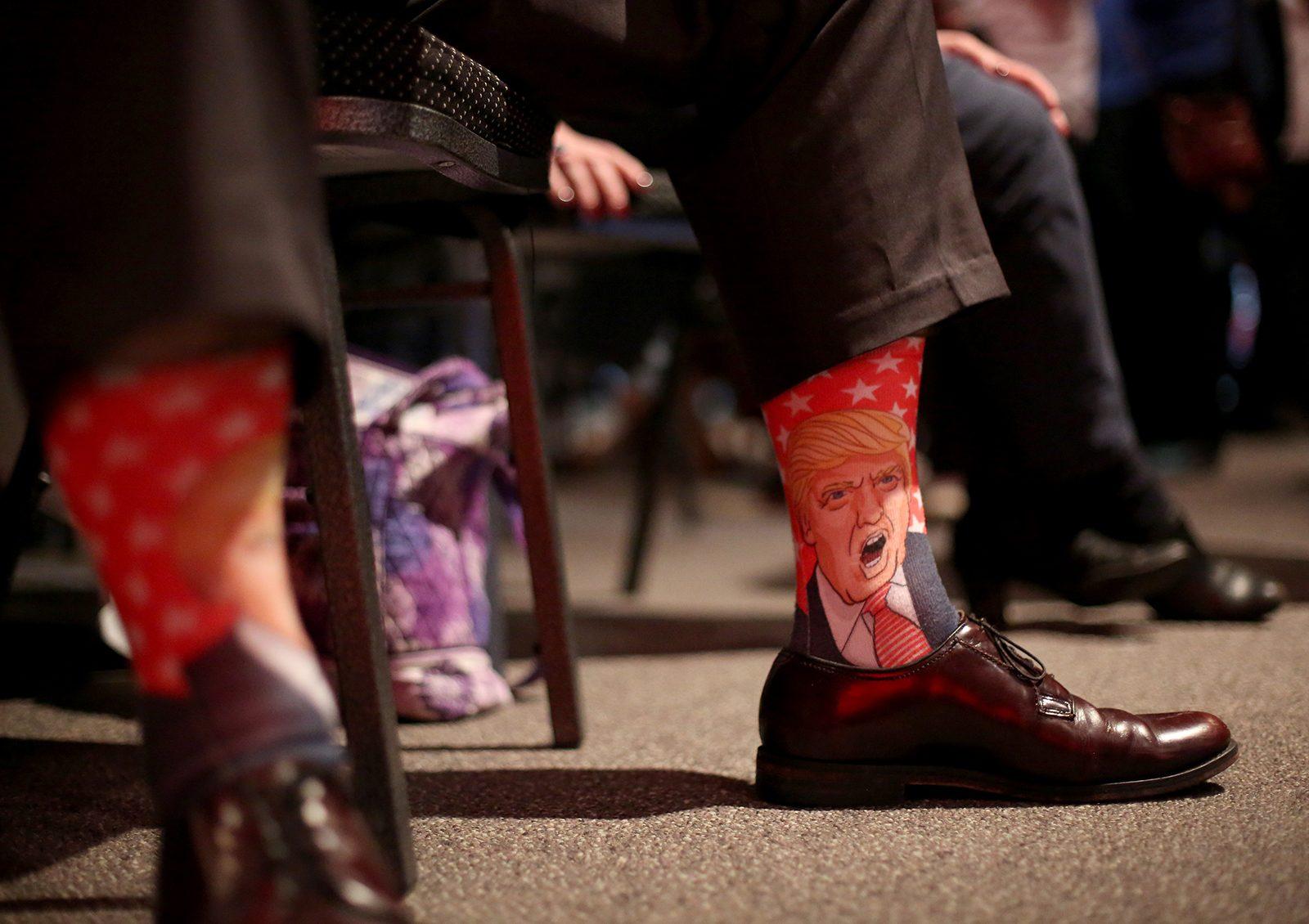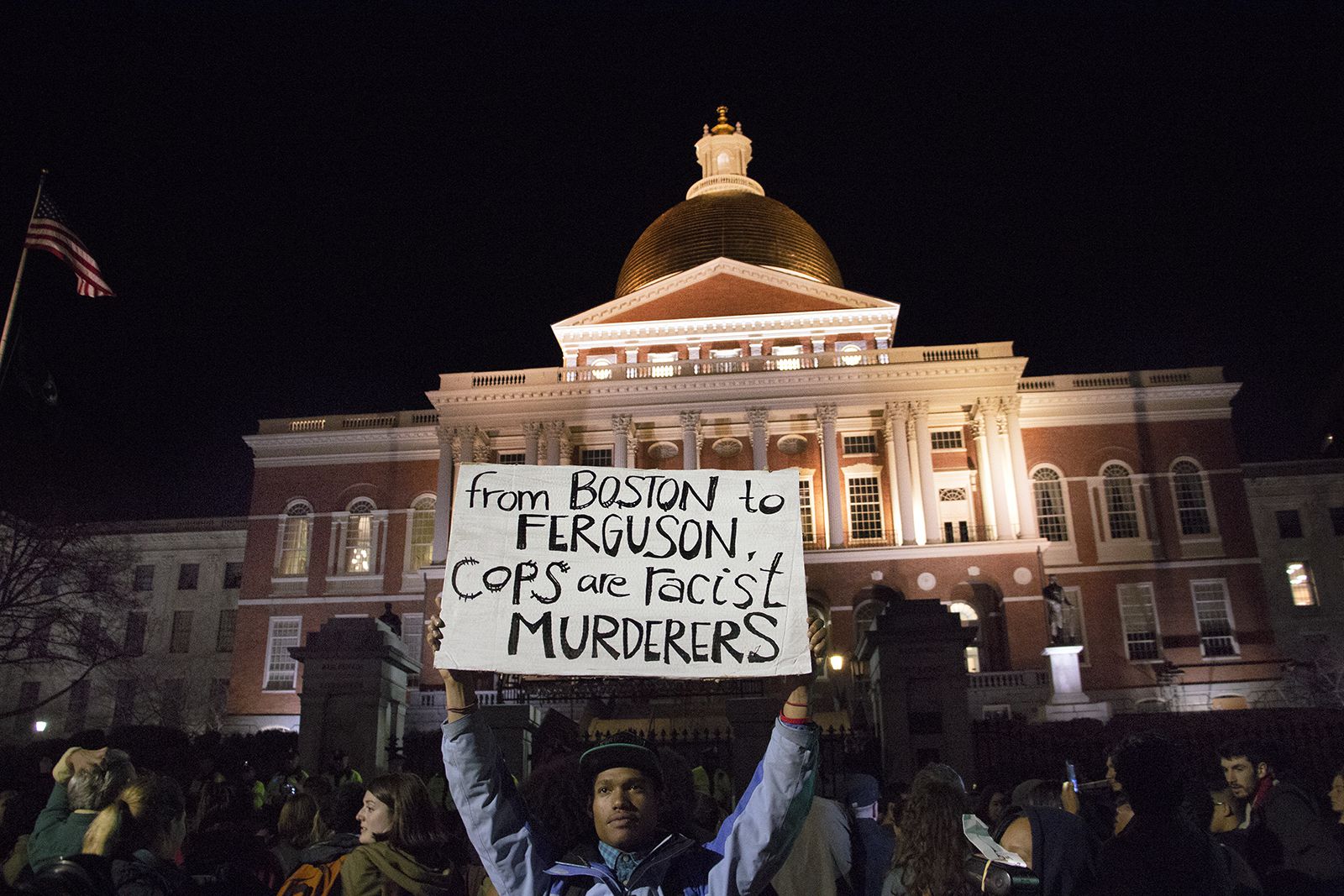The economic crisis that has swept the nation during the past few months in many ways reminds economics professor Michael Manove of a time in 1967 when he looked outside his Cambridge apartment to a massive blackout.
On that night, Manove said, an electrical system failure caused a chain reaction that eventually took out the power to most of the East Coast. One small failure led to another, until the whole power grid collapsed.
‘That’s what’s happening here in our economy,’ he said. ‘These guys made so many risky bets, and their ability to pay depended on the next guy paying, so when there was a little failure, a little disturbance, the whole thing failed. That’s because people weren’t risking their own money. They were risking borrowed money.’
Despite the severe fallout of costly bank failures last week, Boston University economics professors joined the consensus of their peers nationwide in applauding the $700 bailout authorization Congress passed Friday, calling it necessary to put the economy on track toward recovery. Seven BU professors signed a letter to Congress Wednesday in support of the plan.
Members of Congress faced intense criticism last week for apparently giving handouts to the very Wall Street brokers whose risky investments caused the current economic crisis, but they ultimately approved a prudent measure, CAS economics professor Laurence Kotlikoff said.
‘They haven’t communicated with the public very well, but I think they’ve done a marvelous job . . . just what needed to be done,’ he said. ‘The role of the government is to say, ‘OK, everybody. We have to take a deep breath and go back to work.”
Despite people’s fears about too much government intervention in the markets, Kotlikoff said the measure would not be a handout. By buying debt and securities that banks could not sell, the government ‘rearranged the economic furniture’ by pledging to buy the assets itself.
Kotlikoff said he expects the country to be ‘back on our feet’ in one to one-and-a-half years, on schedule with a typical recession.
‘As we’ve freaked out, Uncle Sam’s stepped up to the plate, and he’ll continue doing so until we realize the sky’s not falling,’ Kotlikoff wrote in a press release co-authored by Barnard College professor Perry Mehrling. ‘The $700 billion ‘bailout’ authorizes Uncle Sam to continue doing what he’s been doing over the past year to the tune of $400 billion – buying distressed assets at bargain-basement prices and selling insurance at high premiums. If all works out, Uncle Sam will make a killing.’
Manove said that, as a microeconomics professor, he thinks in terms of goods and services instead of money – something many average Americans trying to decipher what’s happening on Wall Street might do.
‘It’s just a lot of paper. It’s not something that can be used for anything that any one of us would be directly interested in,’ he said. ‘So the question is when all of that paper gets screwed up, why should we care? Where is what economists call ‘the destruction of value?”
Manove said financial problems, or those that deal with paper money, cross into the ‘real’ economy because the U.S. economic system is so complicated that people cannot make exchanges by bartering -‘ trading apples for oranges, for instance. Instead, people use paper to make exchanges because, unlike in a barter system, trade takes place over time, and if for some reason paper money is not accepted, the economic system fails.
For example, when people can’t afford to pay their mortgages, they are evicted. But the houses still stand, meaning no actual property is lost. Under our economic system, Manove said, the house can no longer provide a service to its former inhabitants, but nothing concrete has changed.
Because lenders and investors are too afraid to lend to each other, effectively freezing funds, the government is offering to take the money and give it back to the private sector.
In other words, if banks are too frightened to lend, the government will do it for them, keeping money in the economy moving so that money does not disappear on paper as it has in the past few weeks.
The success of the bailout depends on the expectations of the wealthy, because if these investors think it is safe to trade, they will, Manove said, reinivigorating the economy.
‘Even if nothing concrete changes, if their expectations change, that’s going to be enough,’ he said. ‘If people stay scared, it’s going to take a long time.’
Experts call huge plan necessary
By Daily Free Press Admin
•
October 6, 2008
0
More to Discover


















































































































